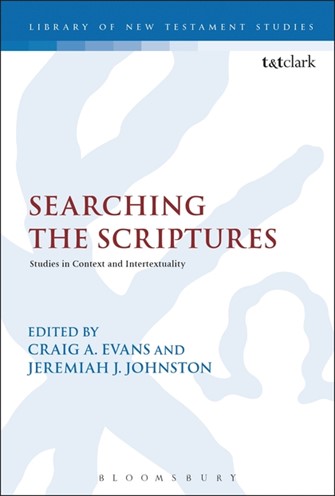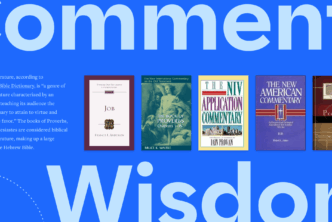You don’t know English; you’re Russian. ЗДРАВСТВУЙТЕ (“Hello”). But you have a Kindle e-reader and you’re learning English by reading. (Imagine with me.) You make a wise choice and you pick up a classic of children’s literature, C. S. Lewis’s The Lion, the Witch, and the Wardrobe.
The Kindle has this handy feature for English learners called Vocabulary Builder. Some inscrutable algorithm has determined that certain words are uncommon—words like “clapping.” Such words get small in-text annotations. So Lucy jumps up, clapping her hands in joy after Aslan comes back to life. Your Kindle tells you that “clapping” means “to hit the hands together.” You say to yourself in Russian, “Ok; I have learned something.”
You keep reading: “Aslan stood for a second, his eyes very bright, his limbs quivering.”
“What does ‘quivering’ mean?” you wonder. The Kindle tells you: “shaking caused by an emotion.” But that’s a little confusing. The focus of Lewis’ text seems to be on something physical, not emotional. But the dictionary says it, and you don’t know any better—you’re just learning this new language.
You read on: “Round and round the hilltop he led them, now hopelessly out of their reach, now letting them almost catch his tail.”
“Hopelessly? What does that mean? Ah! The Kindle tells me: ‘having negative feelings.’”
But this is even more confusing than the definition of “quivering,” because it absolutely doesn’t fit. Nobody has negative feelings during this Narnian resurrection romp. Not Aslan, not Lucy or Susan.
“Maybe the Kindle dictionary is wrong!” Even you, language learner, think this. And you’re right.
Here is the problem, and all you native English speakers out there know what I’m going to say: “Hopelessly” can indeed mean “having negative feelings.” That is likely its most common sense. But that’s just one of its senses. The one being used here is—or so says my dictionary, “[as submodifier] used to emphasize that a situation is beyond hope of improvement.” It gives the example sentence, “She is hopelessly in love with him.” This is the sense Lewis used. There was no way Lucy or Susan could catch Aslan in tag unless he let them.
But your Kindle doesn’t know any of this, because—as I am frequently wont to say—computers cannot read. I actually noticed these very examples on my little son’s Kindle as I was reading to him at night, and I, his Word Nerd dad, insisted that he turn off the vocabulary builder. It would only confuse him, I felt. He can use the dictionary on his Kindle, because it provides multiple senses; but until computers can read, the chance is too great that the little in-text annotations are going to be as misleading as a Pravda headline in 1932 touting record Russian crop yields.
Logos Bible Software actually has a Bible Sense Lexicon that uses human-tagged senses to try to differentiate among different uses of a given Hebrew or Greek word. And, of course, you can get multiple responsible Greek-English and Hebrew-English dictionaries in Logos which carefully delineate the different senses a word can convey. The Bible Word Study is the way I access this information, and I’ve invested my own money in the best dictionaries out there.
But most fundamentally, I find myself pointing Bible readers to the real estate principle: location, location, location. Read the context carefully at every level, from the whole Bible down through the genre and on to the book and section and paragraph you’re in. If the context just doesn’t support the meaning you’re thinking of, then it’s wrong. I mentioned “hopelessly” earlier; think of the word “hope.” I’ve heard numerous Christians insist, “‘Hope’ in the Bible means ‘confident expectation’ and not just ‘I hope so.’” But in the context of Luke 23:8—“Herod hoped to see Jesus perform a sign”—that “I hope so” meaning is the only one that fits. Remember, Russians: context, context, context.
***
This article was originally published in the March/April 2022 issue of Bible Study Magazine. Slight adjustments, such as title and subheadings, may be the addition of an editor.
Related articles
- What Lent Is Really about—and How We Miss the Point
- 4 Steps to Studying the Bible in Context
- All about Hermeneutics: A Guide to Interpreting God’s Word Faithfully
Related resources
Mobile Ed: BI117 Dispensational Hermeneutic of the Bible (1.5 hour course)
Regular price: $55.99








